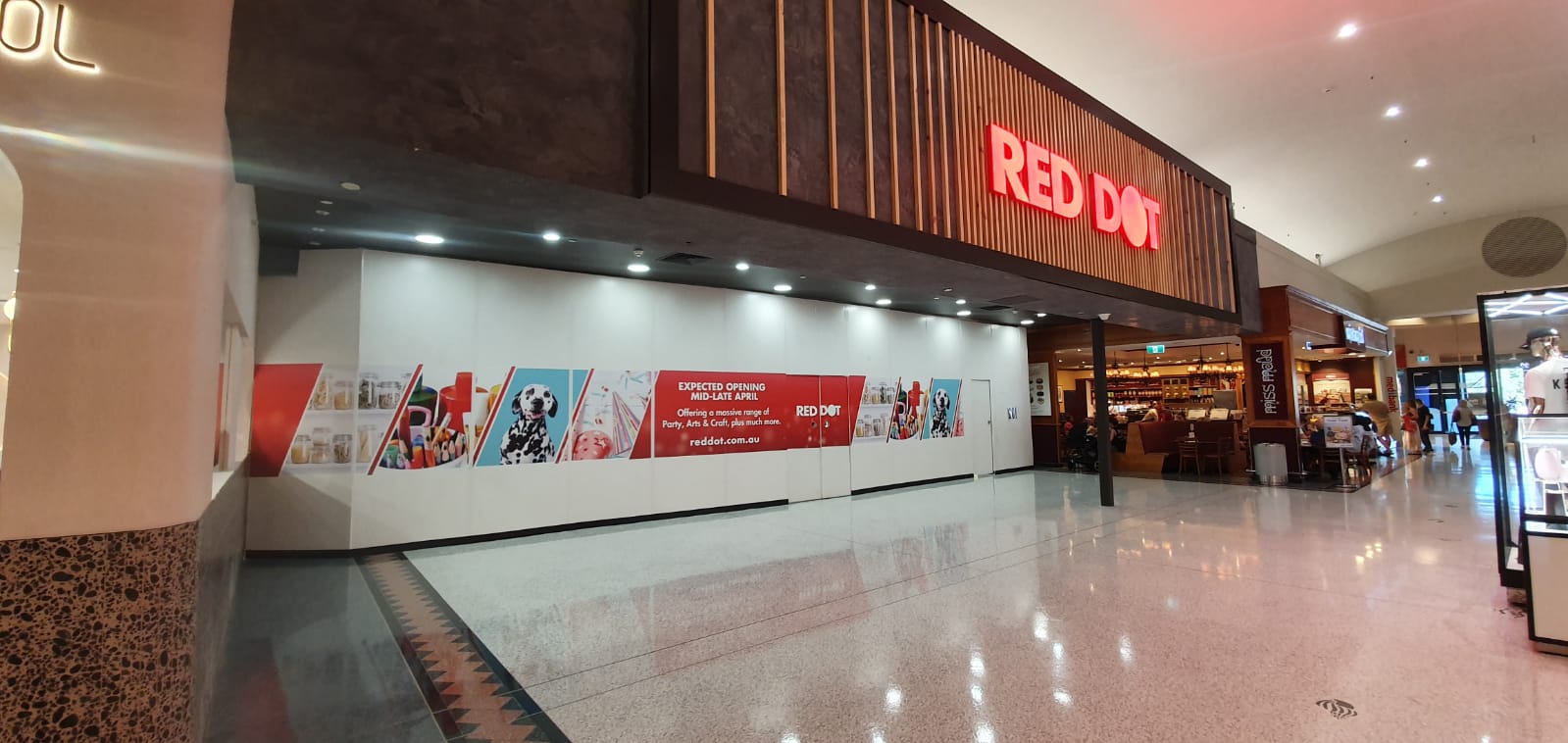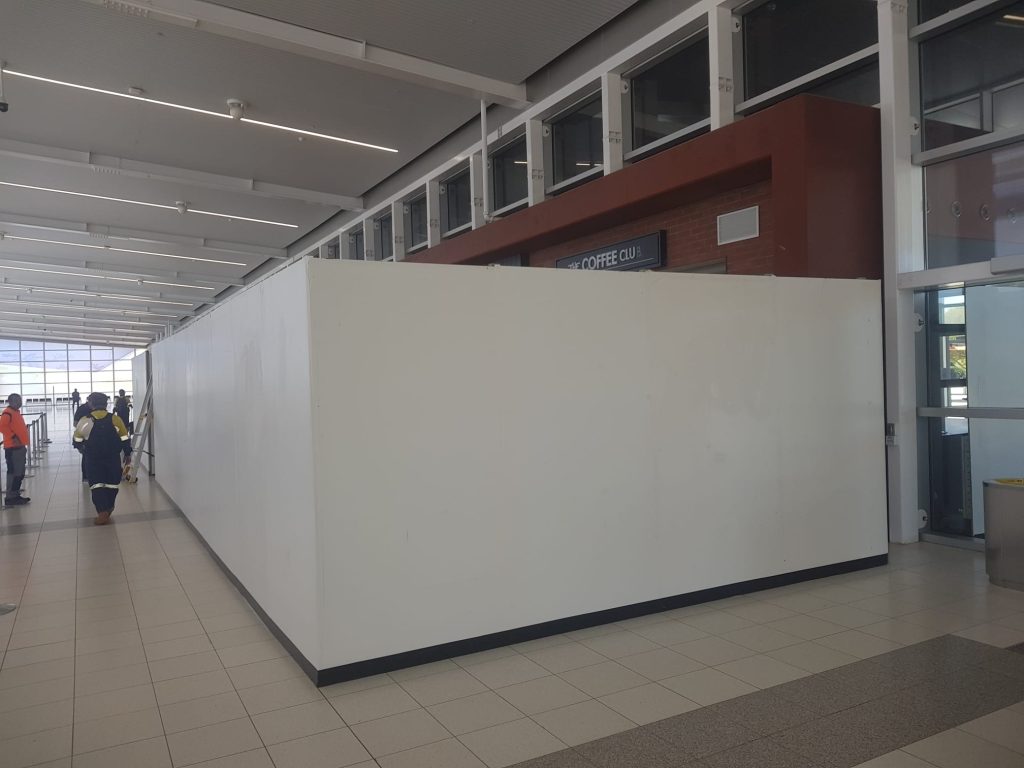
Construction sites are bustling with activity, machinery, and materials, making safety a top priority for workers and the public. Temporary hoarding plays a central role in creating a secure environment, providing a reliable barrier that safeguards people and property while maintaining an organised worksite.
The Need for Safety in Construction Zones
Construction sites pose numerous risks, from falling debris to unauthorised access. Without proper safety measures, accidents can occur, leading to injuries, delays, and even legal issues. Temporary hoarding addresses these challenges by establishing a clear boundary between the construction zone and public areas. This containment not only prevents accidents but also shields the public from dust, debris, and noise.
How Temporary Hoarding Enhances Safety
Hoarding is more than just a physical barrier; it’s a comprehensive safety solution. It protects workers by keeping the construction zone secure and limits public access to hazardous areas. For pedestrians, it provides a safe pathway around the site, reducing the risk of accidents. By ensuring that the public and workers remain separate, temporary hoarding promotes a safer and more efficient work environment.
To further enhance safety, traffic barriers are often used in conjunction with hoarding. These barriers help guide vehicular and pedestrian traffic away from the site, minimising confusion and ensuring smooth movement around the area. Together, hoarding and traffic barriers create a cohesive safety system that protects everyone near the construction zone.
Customised Construction Hoarding for Projects
Construction hoarding can be tailored to meet the specific needs of a project. Whether it’s reinforced panels for extra durability or anti-climb features to deter trespassing, customised hoarding enhances safety and security. Additionally, many projects use hoarding as a branding opportunity, featuring company logos or project details to maintain a professional appearance.
Hoarding signage plays a critical role in maintaining safety as well. Clear and visible signage communicates essential information, such as safety warnings, wayfinding instructions, and emergency contact details. By keeping the public informed, hoarding signage ensures a safer environment and reduces the risk of accidents.
The Convenience of Hiring Temporary Fencing
For projects that demand flexibility and cost-effectiveness, many contractors opt to hire temporary hoarding. This solution provides all the benefits of a secure perimeter without the need for a permanent investment, making it ideal for short-term or evolving construction sites. By choosing to hire temporary hoarding, site managers can ensure a safe environment for workers and the public while maintaining the adaptability needed to adjust as the project progresses.
Best Practices for Implementing Temporary Hoarding
Ensuring that hoarding is effective requires careful planning. Conducting a site-specific risk assessment helps identify the best locations for hoarding and complementary safety measures like traffic barriers and signage. Regular inspections and maintenance are also essential to ensure the hoarding remains secure and fit for purpose throughout the project.
Conclusion
Temporary hoarding is a vital tool for ensuring safety on construction sites. By protecting workers and the public, minimising risks, and maintaining an organised worksite, it plays a central role in any construction project. When paired with solutions like traffic barriers, hoarding signage, and temporary fencing, it creates a comprehensive safety system that benefits everyone involved.
If you’re planning a construction project, consider investing in hoarding and related safety measures. Not only will you enhance site security, but you’ll also demonstrate a commitment to professionalism and safety that sets your project apart.







